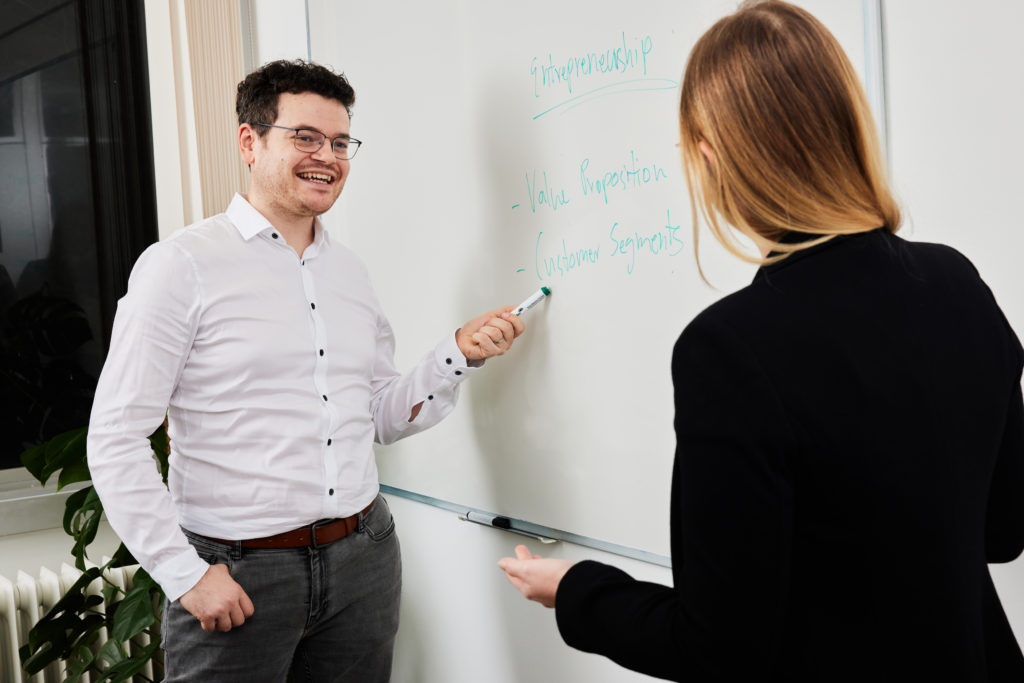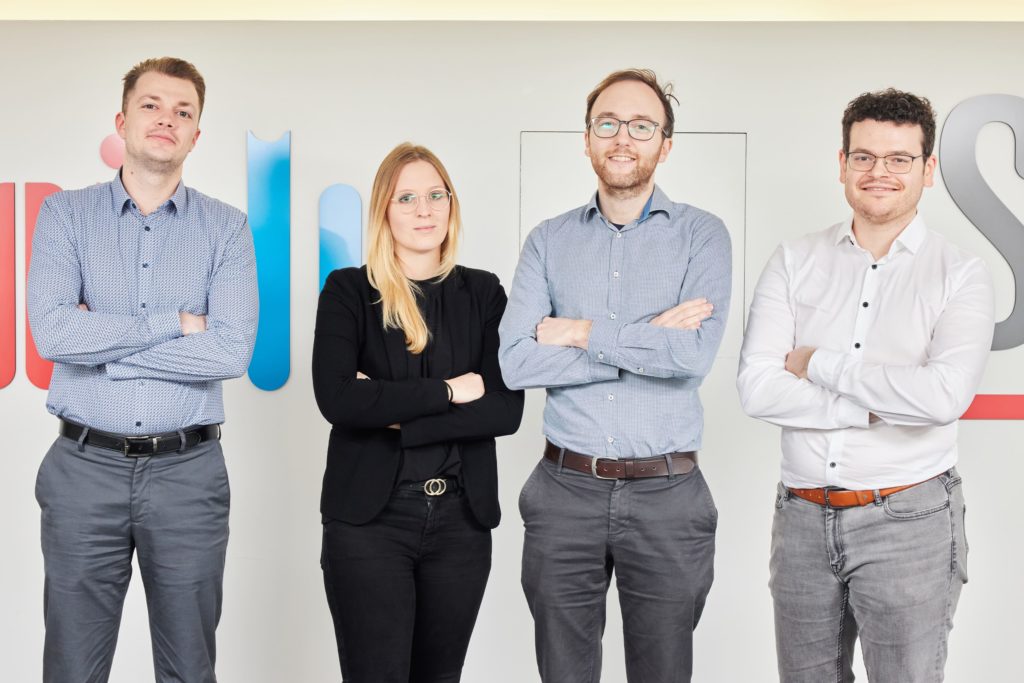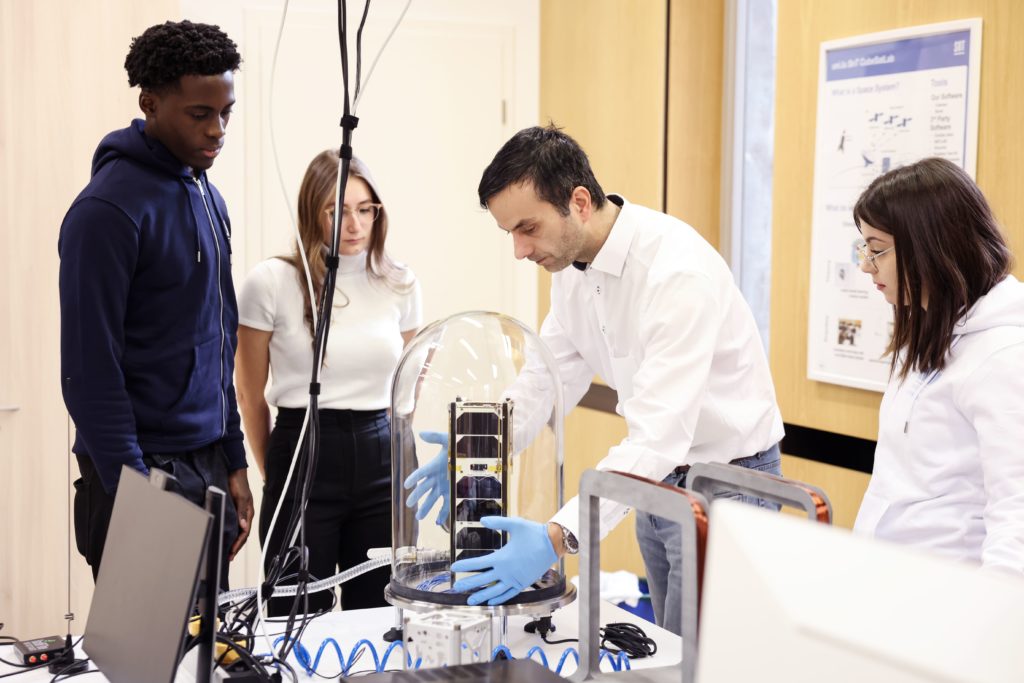Space Systems

Luxembourg has one of the most thriving ecosystems for start-ups in Europe. As such, so many entrepreneurs use it as a launchpad to explore the potential of their product or service. Alongside a support network of government agencies and incubators, research institutions also offer their expertise in levelling up innovative ideas and turning them into viable businesses. With more than 700 start-ups in the Grand Duchy, the country has shown itself to be a hub of activity and has strengthened its economy to one of the most stable in the world.
The space sector in particular has experienced a boom in start-up activity. In Luxembourg, 70 start-ups now exist in this area, with 20 alone being established in 2021. The University of Luxembourg’s Interdisciplinary Centre for Security, Reliability and Trust (SnT) has been supporting this area since its inception in 2009 – even establishing an Interdisciplinary Space Master (ISM) in 2019 in partnership with the Luxembourg Space Agency (LSA). The programme aims to provide tomorrow’s space experts with the necessary technical skills to succeed in the sector, alongside specific training on entrepreneurship and business.

The sector has seen immense growth resulting from the NewSpace movement – technological advancements that brought smaller satellites to market, and therefore allowed more companies to enter a sector once dominated only by government bodies. Today’s space experts benefit from not just being able to understand robotics, satellite and mission design, but also have entrepreneurial skills to bring their products to market. In this regard, the ISM leverages the knowledge of business economics and entrepreneurship expert, Prof. Christian Fisch, who established the Entrepreneurship, Innovation and New Technology (EINT) research group at SnT in 2022.
“Helping companies to succeed starts with understanding the audience they want to target.”
Prof. Christian Fisch, SnT Tweet

“This kind of technical expertise works hand-in-hand with starting a business – because with good technological understanding come great product ideas,” Prof. Fisch explains. “But in such technical backgrounds, the knowledge of how people can turn their ideas into businesses is often missing,” he continued. His background includes helping start-ups become successful by helping them to understand investor behaviour, the dynamics of the financial market, and assisting them in empirical research that can help them develop, re-evaluate, and redesign their business model.

“Helping companies to succeed starts with understanding the audience they want to target,” he states. Of course, this is something we can all relate to – what is a good product without an audience willing to buy it? “And understanding consumer behaviour – our social behaviour – much better can help you not just with selling your product, but also with raising funds. This is information you can only obtain through surveys, experiments and data collection, but crucially, you need the subsequent analysis that is at the cutting edge of the research frontier, from an industry expert who can advise you how to move forward with this information,” he explains.
“This kind of technical expertise works hand-in-hand with starting a business – because with good technological understanding come great product ideas.”
Prof. Christian Fisch, SnT Tweet
It’s these kinds of services that his research group can provide in the framework of SnT’s Partnership Programme, a collaborative partnership that enables businesses to work together with researchers to effectively innovate based on tried-and-true research methods. The programme currently hosts more than 60 companies from Luxembourg and beyond, and sees a 50/50 investment from both sides into the research. Partnerships such as these help to give researchers access to real-world data, and simultaneously provide positive socio-economic impact, by creating reliable, secure, and trustworthy solutions.